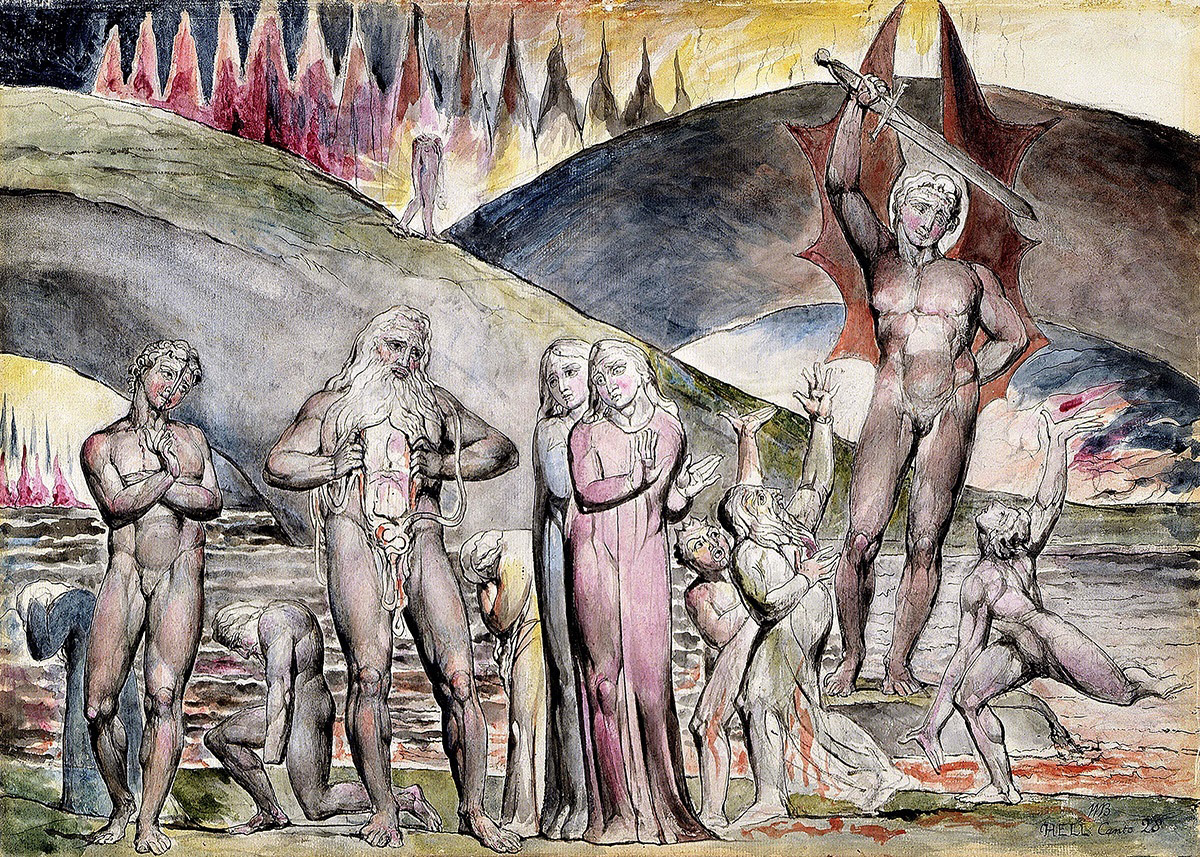It’s the little things in the ritual that often strike me during the celebration of the Mass each day. One of those little things that focus my attention is that little drop of water that is commingled with the wine in the chalice at the offertory. Every time I perform that ritual act, it reminds me of two things.
First, that each of us is like a small drop of being that has been inserted into the infinite being of God, like the tiniest of creatures swimming in a boundless ocean that supports our very existence. Of course, like all analogies related to God, the differences are much greater than the likenesses. For instance, the ocean did not create the fish that swim in it, even if it provides their sustenance. God both creates us and sustains our being as we live and move and have our being in God and from God, as Paul taught the Athenian philosophers.
While there is a vast, vast difference quantitatively between the tiniest of sea creatures and the ocean itself, however, one cannot really speak of a quantitative difference between our being and God’s being. The notion of quantity simply doesn’t apply here. That’s exactly what we mean by speaking of the analogy of being with reference to God and ourselves.
The very word applies only analogously to creatures with reference to God. Certainly, there is a likeness or there would be no analogy at all. But God’s being is so transcendent to our own, so utterly unique, that we can barely speak of it at all. And yet that tiny likeness, the almost nothingness of our own being in comparison, is still the basis of the true dignity that belongs to all creatures, and above all to those creatures who have been made in his very image and likeness. If we abandon that analogy, all is truly lost.
Clinging to this analogy has been a difficult task for Christian philosophers and theologians through the ages. It can easily be denied or distorted. One way in which it has been misunderstood or denied historically is to think of that little fish as not simply swimming in the ocean of being, but of being absorbed in the ocean, of having no real being of its own but simply being one reality with the ocean itself.
This is the tendency of the mysticism of the East, where man is destined to be or become undifferentiated from the whole of being, the mystery of pantheism. It’s really quite beautiful in its way, but in the end it strips the individual being of any real dignity, including God Himself. That erroneous natural theology is still with us in a large part of the world.

And then there’s the other rejection of the analogy of being found in the second largest religion in the world, Islam, which may be the largest religion in the not-too-distant future. Islam stresses the utter discontinuity of being, the absolute otherness of God.
This can be understood as an equivocal notion of being, though I doubt that many Islamic scholars have thought deeply about the question. Such considerations disappeared with the destruction of the great Islamic institutions of higher learning at the hands of their own extremists in the late Middle Ages, men who saw an absolute dichotomy between faith and reason. That dichotomy is itself a result of an equivocal notion of being.
It’s hard to say which of these two denials of the analogy of being, the univocal version or the equivocal version do the most damage. In both cases, there’s a tremendous cost in terms of the denigration of human dignity and devaluing of the individual person.
In the West, it has resulted in the relentless termination of the lives of millions of innocent human beings in the womb, and that story is far from ending. First it was the dignity and value of the individual unborn child that was compromised. Now we are moving on to the denial of the value and dignity of the individual life of the aged, or the handicapped, or whatever person who poses a burden for another individual or for society as a whole.
The resurgence of a militant form of Islam likewise poses a very serious threat in the Western world, in which only those who totally submit to the absolute will of Allah, as dictated through the sacred books of Islam, are afforded the “dignity” of a safe space, of no longer being subject to being killed for the glory of Allah. It’s really not much of a dignity in comparison to the notion of human dignity developed in the Western Christian tradition. Man is really nothing in himself in comparison to the absolute being of God.
Today we Catholics and other believing Christians find ourselves living between the bookends of these two great denials of that all-important notion of the analogy of being developed by St. Thomas and other great theologians of the Middle Ages. And more precisely we are caught in between these two forms of the equivocal notion of being in our own Western world, radical godless individualism and radical voluntaristic theism. Ideas truly do have consequences of the most serious and practical kind. And this does not bode well for our future.














